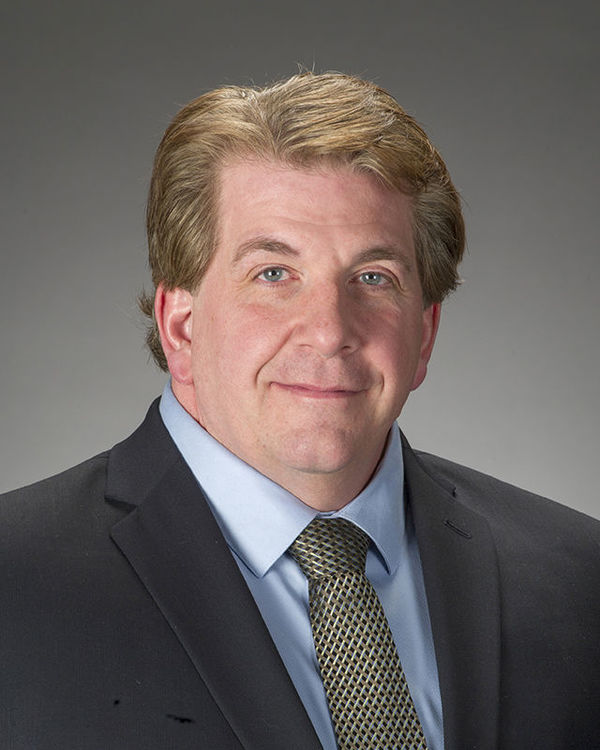
The University of Notre Dame continues to grow as a resource for rare disease research
 Richard Taylor
Richard Taylor
This coming fall, McCourtney Hall will open as the first dedicated interdisciplinary research building at the University of Notre Dame. Richard Taylor, professor of chemistry and biochemistry, was part of a team who managed the development and construction of the new building. As he completes a three-year term as associate vice president for research in June of this year, he will continue his research on drug discovery for rare genetic diseases, like NGLY1 deficiency, when he and other members of the Warren Family Research Center for Drug Discovery and Development move into the building this summer.
Those with NGLY1 deficiency cannot synthesize the enzyme N-glycanase and present with varying symptoms including developmental delays, movement disorders, diminished reflexes, and more. However, the symptom each NGLY1 deficiency child has in common is their inability to produce tears. For the past year, Taylor has led a group of Notre Dame researchers working to develop a treatment for this rare disease in collaboration with the Grace Science Foundation and the pharmaceutical company, Retrophin, Inc.
“Rare disease research has its own set of unique challenges,” said Taylor. “Its an area with limited resources, so the work you do is even more valuable to those who are looking for solutions.” Taylor is the Warren Center’s interim director and got involved with rare disease research more than a decade ago after being inspired by the Parseghian family and the Ara Parseghian Medical Research Foundation, which works to develop a treatment for Niemann-Pick Type C (NPC). Taylor also conducts drug discovery research for the Foundation.

Taylor and his research team of seven graduate students prepare molecules through chemical and biological synthesis and study their potential therapeutic value for diseases such as NPC, NGLY1 deficiency, cancer, and Alzheimer’s disease. Chemical synthesis is the preparation of unique compounds from commercially available, simple chemicals, and converting them into complex structures. From a complementary perspective, biological synthesis uses microorganisms like bacteria and manipulating their genetic code to coax them to make distinct compounds.
“The multidisciplinary group in my lab develops these technologies to prepare molecules in an effort to find which compounds may impact the disease so that we can learn more about the biology behind it,” said Taylor. “Our goal is to find lead compounds for the treatment of the disease and some of the recent compounds we have developed may also be valuable for a number of rare genetic diseases.”
These compounds are being added to a collection of unique chemicals being organized by the Warren Center to create the Notre Dame Chemical Compound Collection. The collection allows for better organization of the products and byproducts from past and present research projects. This way, the Center can have the compounds biologically assayed for a number of indications and help initiate new collaborations and the translation of discoveries to patient outcomes. The Warren Center provides additional resources and services like the compound collection to faculty on campus working on cancer, infectious diseases, and rare diseases.
To learn more about Richard Taylor, please visit his faculty profile.
Contact:
Richard Taylor / Associate Vice President for Research
Notre Dame Research / University of Notre Dame
Richard.E.Taylor.61@nd.edu / 574.631.7765
research.nd.edu / @UNDResearch
About Notre Dame Research:
The University of Notre Dame is a private research and teaching university inspired by its Catholic mission. Located in South Bend, Indiana, its researchers are advancing human understanding through research, scholarship, education, and creative endeavor in order to be a repository for knowledge and a powerful means for doing good in the world. For more information, please see research.nd.edu or @UNDResearch.